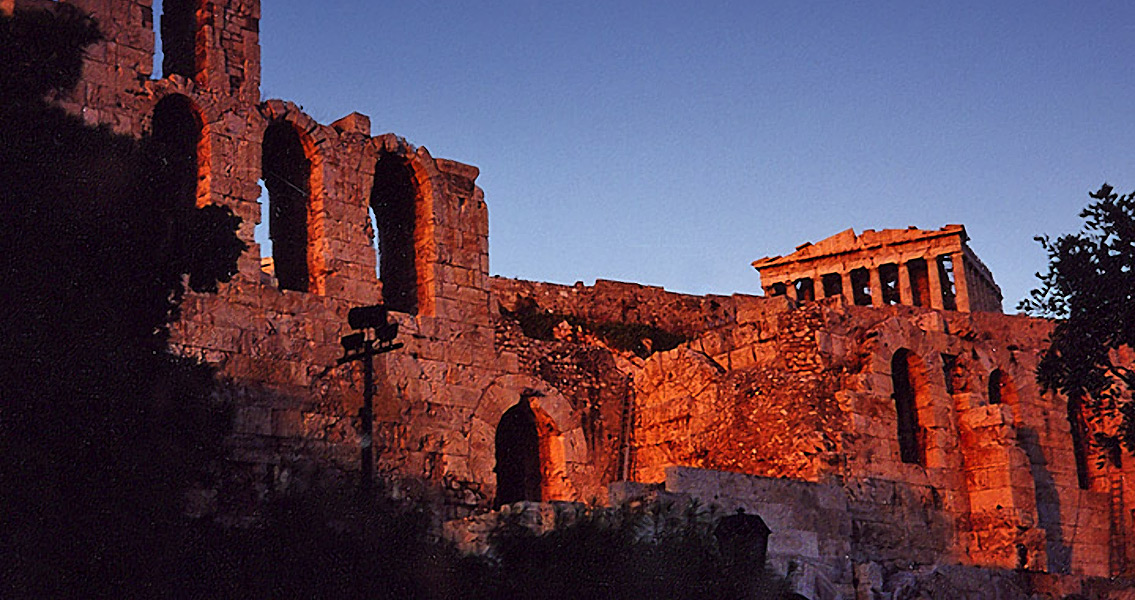<![CDATA[A classics professor from Stanford University has suggested that ancient Greece, unlike its contemporaries, was not only a cultural but also an economic success. Josiah Ober’s findings are detailed in a book titled “The Rise and Fall of Classical Greece” and are based on the digitisation of a massive amount of data, including archaeological finds and historical documents. In a press release from Stanford, the professor notes that most historians share the opinion that there was little to no economic advancement in classical Greece. Modern technology has now allowed him and his team to debunk this myth. The digitised information was made machine-readable and offered the researchers the opportunity to identify and visualise social and economic patterns in Greece over the period between 1000 and 300 BCE. For instance, the machine-readable data revealed people tended to live in decentralised city states rather than in small individual farms. It also showed that, over a 500-year period, the economy of ancient Greece expanded between 10 and 15 times, definitely an impressive achievement. To draw these conclusions, given that judging economic growth is difficult enough even nowadays, the team used proxy indicators based on historical data. For instance, they utilised coin hoards discovered in different archaeological digs. Ancient Greeks, Ober says, used to bury their money when times were difficult and if times went on to become even more difficult, they moved and never went back to collect the money. The team looked at the dates on the coins found both by archaeologists and by amateur treasure hunters and established that towards the end of the classical Greek era there was much more money in circulation than in the early years. In fact, based on this information, the researchers were able to suggest that spending power had doubled over 500 years. Ober notes that although this rate of spending power increase is minuscule by modern standards, for classical times it was unparalleled. The main reason for this growth, says Ober, was Greece’s political system which was largely decentralised and democratic, instilling in people the attitude that the government was working for them, rather than against them. This attitude, says the professor, stimulated on the one hand specialisation and investment in oneself, and on the other, innovation. If the people believed their rulers worked to keep them safe and improve their lives, then they were more likely to invest in education and specialisation. This investment consequently fueled innovation, furthering culture and technology while also making public institutions more efficient. As Ober summarises, “...a world in which there is no centralized political organization, no empire running things, is perfectly capable of self-organizing into a condition of high growth.” This conclusion runs counter to firm beliefs among historians that the basis for a powerful state and culture is the presence of a strong centralised government that pulls all the reins before over time relaxing its grip and allowing for more democratic principles to take the place of total centralisation, Ober adds. It seems that this centralisation stage is not necessary, as the history of ancient Greece shows. But is this political and social order perfect? Apparently not, the scholar admits, as eventually the independent city states of Greece fell to centralised competitors. No social order is perfect but his findings could give us food for thought about the social order we live in and whether and how it could be improved. Image courtesy of Wikimedia Commons user: Aaron Logan]]>
Decentralisation Made Ancient Greece Economic Success
